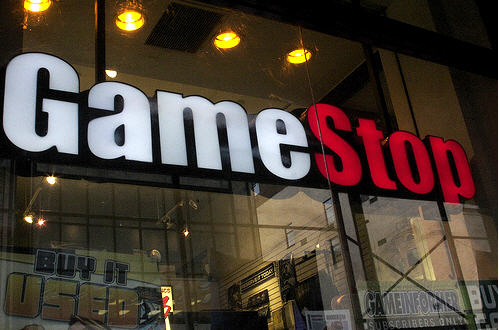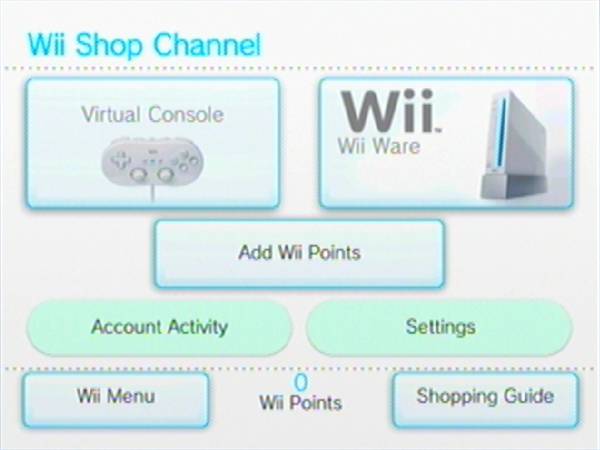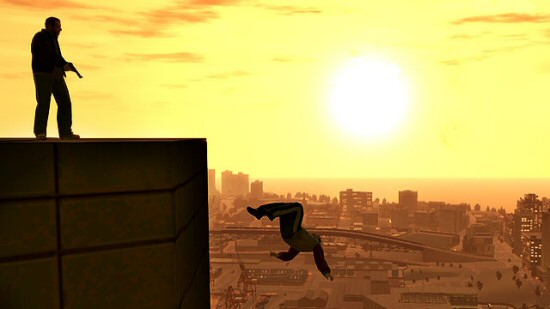 To the layman, the phrase “horse armor” may not carry any special meaning, but to gamers, it’s synonymous with being snookered. It refers to a downloadable horse costume for Bethesda’s 2006 hit The Elder Scrolls IV: Oblivion, and it served no strategic purpose. Horse armor only made your steed look fancier.
To the layman, the phrase “horse armor” may not carry any special meaning, but to gamers, it’s synonymous with being snookered. It refers to a downloadable horse costume for Bethesda’s 2006 hit The Elder Scrolls IV: Oblivion, and it served no strategic purpose. Horse armor only made your steed look fancier.
The costume’s uselessness became a source of outrage for Oblivion players, but in a new interview with Official Xbox Magazine UK, Bethesda Vice President Pete Hines said that even now, horse armor is a money maker.
“I swear to you I don’t have the report in front of me, but multiple people bought horse armor yesterday!” Hines said.
There’s a bigger point to be made here. Hines was talking about the success of downloadable content for Bethesda, and said that “so long as it’s good value, people will like it and buy it.” Apparently a lot of people thought a plate of false protection for a horse was worth $2.
In a way it’s not much different from the avatar costumes for which Xbox 360 owners and Playstation Home users happily pony up. They don’t serve any purpose but to make the player look good, but that’s something people value. Bethesda figured that out a long time ago.



 GameStop’s tentacles are wrapped pretty tightly around most of the games industry, the exception being downloadable content that’s sold after a game is released.
GameStop’s tentacles are wrapped pretty tightly around most of the games industry, the exception being downloadable content that’s sold after a game is released. Good news for game developers and people who hate “Lite” iPhone apps: Apple is now allowing purchases directly
Good news for game developers and people who hate “Lite” iPhone apps: Apple is now allowing purchases directly  Addressing what increasingly seems like a glaring omission in its sales charts, The NPD Group says it will start tracking sales of downloadable video and computer games.
Addressing what increasingly seems like a glaring omission in its sales charts, The NPD Group says it will start tracking sales of downloadable video and computer games. Come Tuesday, Microsoft will begin selling major Xbox 360 games for download through its Xbox Live service, but from the prices we’ve seen so far, it’s not a sound investment.
Come Tuesday, Microsoft will begin selling major Xbox 360 games for download through its Xbox Live service, but from the prices we’ve seen so far, it’s not a sound investment. Apparently not satisfied with the level of controversy in video games lately, Rockstar has announced the next downloadable expansion for Grand Theft Auto IV, and it will be subtitled “The Ballad of Gay Tony.”
Apparently not satisfied with the level of controversy in video games lately, Rockstar has announced the next downloadable expansion for Grand Theft Auto IV, and it will be subtitled “The Ballad of Gay Tony.” We’re hours away from the midnight launch of Capcom’s latest blockbuster, Resident Evil 5, and there’s
We’re hours away from the midnight launch of Capcom’s latest blockbuster, Resident Evil 5, and there’s